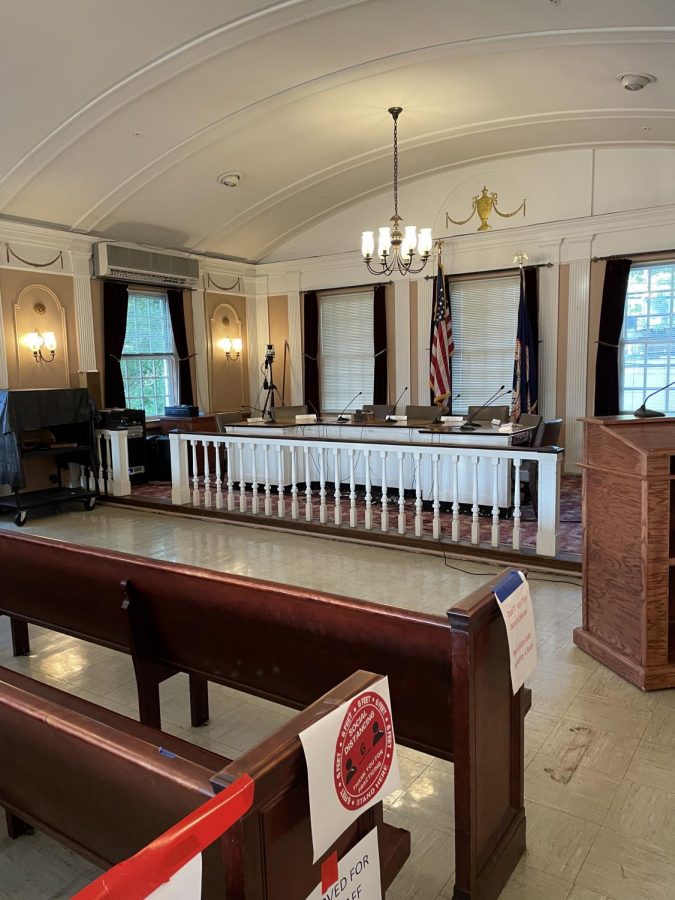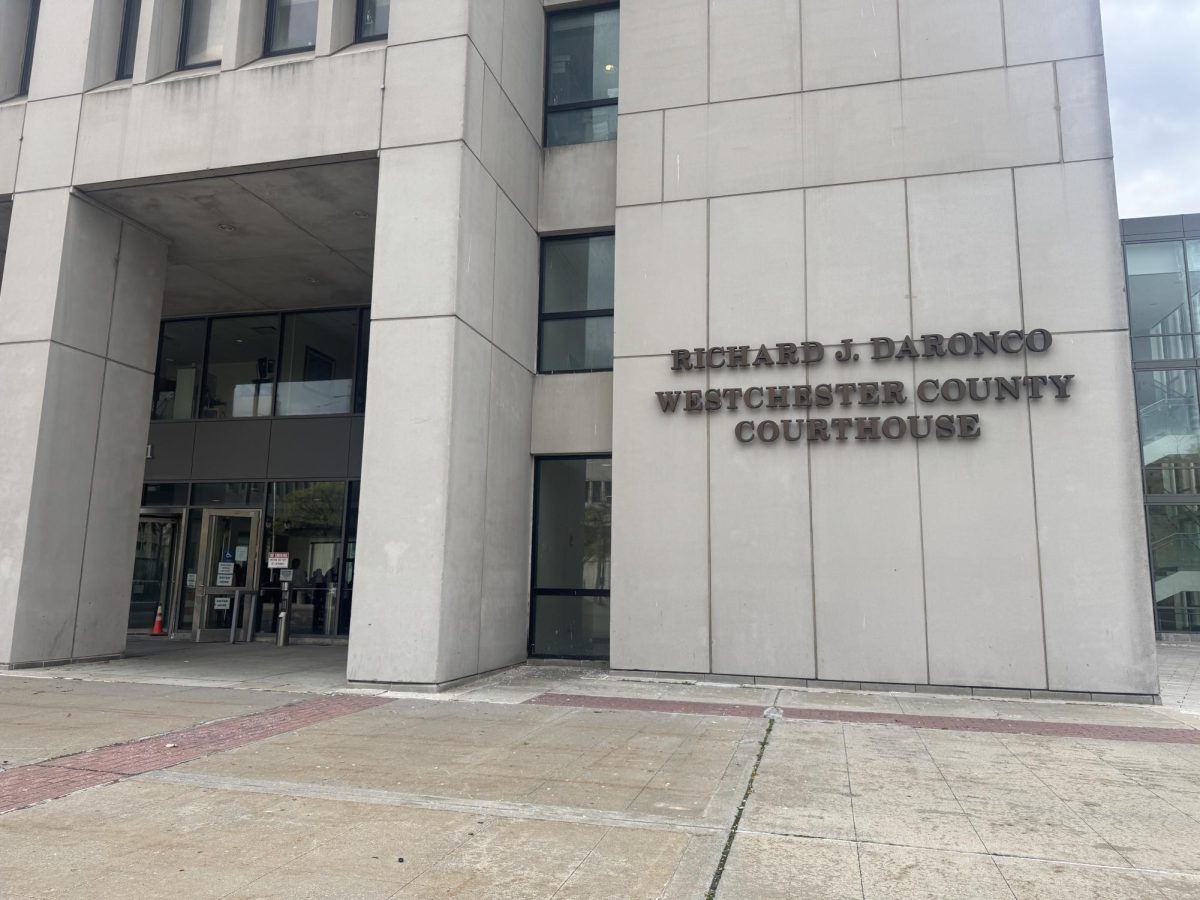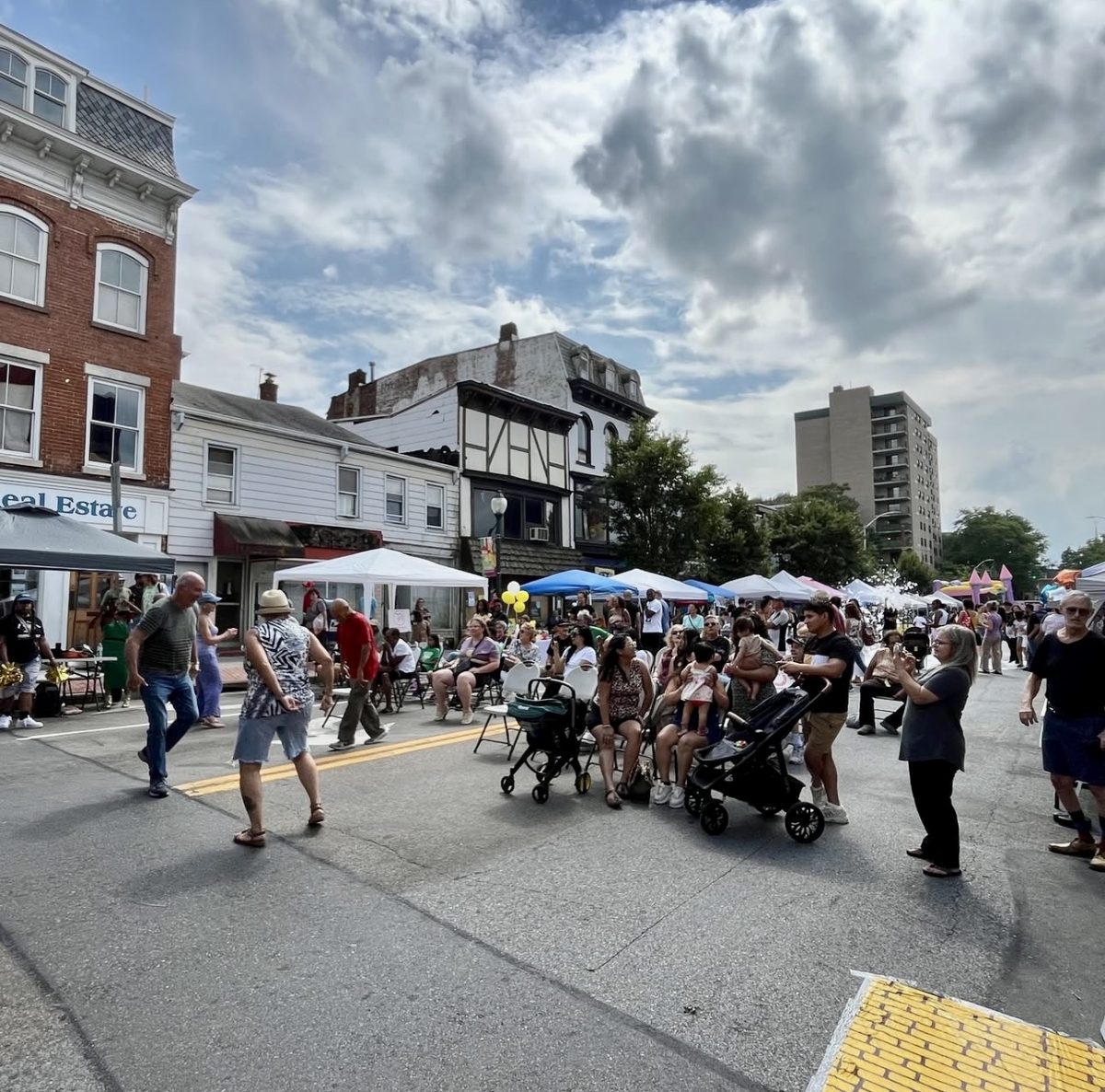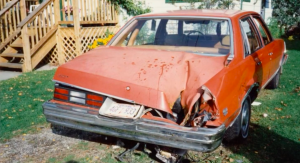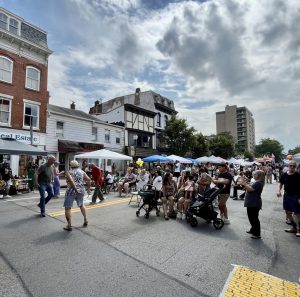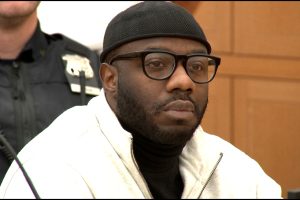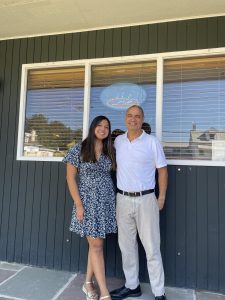Back at City Hall, Common Council Meets In Person
Spending money to fix blown fuse, update city codes about marijuana and inventory our natural resources dominate meeting.
June 29, 2021
By Regina Clarkin
For the first time in 16 months Common Council members and the Mayor gathered in the chambers at City Hall for an in-person meeting Monday evening. The meeting was also live streamed on the city’s cable channel. Besides council members and staff there were three others in attendance: Marisol Jimenez who was being appointed to the Parks Advisory Board, this reporter and artist Scarlett Antonia.
City Manager Andy Stewart said that City Hall will open its doors on Wednesday, June 30 and two newly hired greeters will ask visitors to wear a mask or show proof of vaccination before they proceed to different departments. If there is a need to have a conversation with someone in the Building, Planning or Section 8 departments, appointments are recommended, but the City Clerk’s office along with the Water department and Assessor’s office are open for ‘on demand’ needs such as licenses, permits, or paying bills.
The council voted unanimously to approve funding a Natural Resource Inventory and gave permission to request a proposal from a consultant or environment consulting firm to catalog the natural resources in the city in a comprehensive document. The group of documents records nearly every natural element and condition in a given place. It memorializes and documents everything from the physical geography, to watershed conditions, plant and animal life, soil and subsurface geology, topography and even the natural history of a place.
The Conservation Advisory Council received a $10,000 grant from the Hudson River Valley Greenway Association to fund the effort last year, but learned that the cost of such a comprehensive plan exceeded the $10,000 grant. The city is transferring $25,000 from the general fund to the NRI budget line. City Comptroller Matt Alexander determined that because the city realized a 15 percent reduction in the projected premium for Workers’ Compensation Insurance, the reduced premium left unexpended funds in that budget line. The $10,000 grant from the Greenway Association will reimburse the general fund.
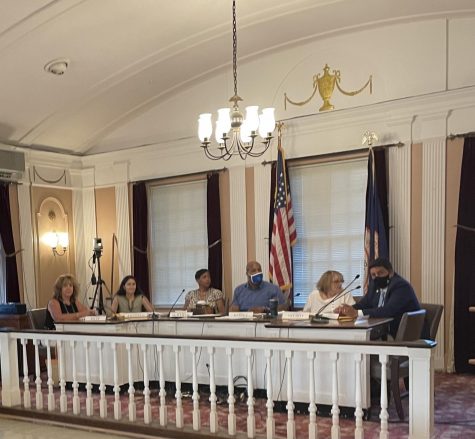
In another matter to bring the city’s record keeping current, the Water & Sewer Superintendent advised the Common Council that the existing water infrastructure components are currently stored on analog maps, books, binders and index cards.
Storing this information on non-digital methods is inefficient and allows room for error; and there is a need to digitize the city’s water infrastructure. Due to the intricacies associated with digital mapping of the City’s water infrastructure, purchase of this software falls outside of the normal procurement guidelines;The Council voted unanimously to approve $20,000 to hire Open Spatial, Inc. of Rocklin, CA with an annual carrying cost of $5,700.
The Council also authorized spending $95,340 to repair and replace the failed fuse and electrical wires at the Neighborhood Center. An electrical surge on June 10 caused the cooling system in the building along with the refrigerators in the Nutrition Center and the elevator to stop working. The building is using a generator currently to power those three functions and the cooling center is open from 12 to 6 p.m. during the current heat wave, City Manager Andy Stewart told council members. LM Electric of Sleepy Hollow responded to the emergency and determined the repairs needed to correct the failed fuse and wires.
In matters relating to marijuana and its decriminalization, the council set July 19 at 7:30 p.m. for a public hearing on the repeal of chapter 370 of the City Code entitled Loitering. The public hearing will take place at the Firehouse at 1114 Main Street. The Loitering section of the city code is proposed to be eliminated
Police Chief Don Halmy found that the last time someone was specifically arrested for loitering, using Peekskill’s city code, was in 2017. In a report to the Council on June 21, he said in the past 20 years there were no cases where Peekskill’s city code was used for arresting someone for loitering. There were, however, 28 times in the past 10 years where the NYS penal code was used to charge someone for loitering along with multiple other charges, said Halmy. He said that ‘business’ is done differently now and loitering has faded away as a method to conduct street market transactions. The discussion around loitering is essentially a policy issue about the new state law decriminalizing marijuana. Loitering was a tool used to bust people for illegal activiies such as drug sales and prostitution. It is a misdemeanor crime to sell less than 25 grams of marijuana in New York State in a way other than from a dispensary.
The Council voted unanimously to amend part 283 of the regulations of the city code around taxicabs. Cannabinoids will no longer be listed as a substance for which taxicab drivers and applicants for taxicab drivers’ license must undergo a drug screen analysis.
The meeting was adjourned at 7:58 p.m. for the council to enter executive session to discuss the lease of city property.




